|
Earlier this afternoon I attended a debate on school choice at the Omaha Press Club. It was well-attended, civil, and interesting. Both speakers, Educate Nebraska’s Katie Linehan and Stand for Schools’ Ann Hunter-Pirtle, offered their views and added to the ongoing conversation about education innovation in Nebraska. One phrase that has kept me thinking all afternoon was something Hunter-Pirtle said in her introduction. She said, “I’m a product of public schools.” This is something I’ve heard frequently lately. In fact, Nebraska Loves Public Schools created an entire marketing campaign around the phrase. But what’s behind that phrase? And where does it lead? I’ve been wondering if I’m a “product” of public schools. I attended public schools for 13 years, 9 years in Colorado and another 4 years in Texas. Does that make me a “product”? What is a product?
When I google “define: product,” I get this definition: “an article or substance that is manufactured or refined for sale.” A Case Study in Products: Welding at The Career Academy Now, if anyone “produced” me, it’s my parents, who each contributed some of their very own chromosomes to my existence. But they didn’t “produce” me to sell me. In fact, no two people on earth have championed my individuality more than my parents have. An individual is the opposite of a product. And maybe that’s part of the point. About three years ago, LPS was scrambling to get donations from businesses to support their newest venture, The Career Academy. In exchange for donations, they told the businesses that they would soon be churning out products for their businesses. The problem was that Kawasaki wanted welders, and LPS was having trouble getting enough future products to sign up for the welding program. It put them in a very awkward situation. A customer (Kawasaki) had paid LPS (in donations) for a product (people who could weld), but now LPS was having trouble delivering enough products to satisfy a paying customer. But wait! Why did LPS think it had the authority to sell these products? Did the products realize they were being sold? The Limitations of Products When you order a product from Amazon, you plan on getting something that is a known entity. For example, if you order a frying pan, you plan on using it to make fried eggs in the morning. You’ll want it to continue to be a frying pan for as long as you own it. You would be unhappy if one morning you went to fry your egg and the frying pan had turned into a tea kettle in the night. When we think of ourselves or our children as products, do we subconsciously stifle ourselves? Do teachers have trouble seeing students as individuals in this product-focused environment? Does a welding “product” who has been incentivized by teachers and administrators feel obligated to remain a welder, even if he or she is now thinking it might be interesting to work as a nurse or a marketer? The end of high school should be a beginning. That’s why we have commencement. We are commencing our lives, not settling down to the next 65 years as someone’s product to be used as the collective good sees fit. We don’t yet live in a young adult dystopian novel, do we? Early Childhood, Before School, After School Products are produced in factories on assembly lines, and that’s a pretty good description of the way students are molded in public schools in Nebraska. Graduation rates trump mastery, and some districts are graduating students who have never reached reading proficiency in their 13 long years in the factory. One Nebraska district engages in the unethical practice of “grade freezing,” which ensures a higher graduation rate for the district but does a great disservice to the students they’re tasked with educating. The assembly line isn’t working. Is this “product mentality” a new phenomenon? Michael B. Horn and Meg Evans wrote, “Back then [in the early 1900s], the factory-model system that educators adopted created schools that in essence monolithically processed students in batches...When most students would grow up to work in a factory or an industrial job of some sort, this standardization worked just fine. But now that we ask increasingly more students to master higher order knowledge and skills, this arrangement falls short.” And Huffington Post’s John Baker stated, “The role of the employee in today’s knowledge economy is very different from the role of the employee in yesterday’s industrial economy.” And yet, the education establishment in Nebraska keeps telling us that what we need is not innovation in the way we educate; they simply want more money poured into the old, factory-style system of the past. Except now they want more control over their “products.” LPS is now “offering a variety of free quality programs from birth,” according to their website. Children can go to school early, eat breakfast, stay all day, and then take part in after-school programs. While some parents must rely on childcare, this seems like too much control for an organization intent on turning individuals into products. Is this too much analysis? Perhaps. But it certainly seems to fit in with the collectivist agenda that has infiltrated every aspect of our public school system. Children are taught to think a certain way, to embrace some lifestyles and mock others, and to call themselves “products.” Am I a product of public school? No. I’m a graduate of public school. I thank my public school teachers for teaching me to read and write and think. And I now embrace school choice because our community needs more individuals and more respect for children and their futures.
0 Comments
|
|
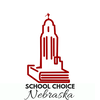
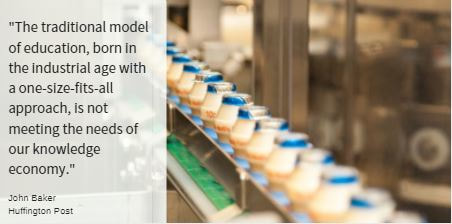
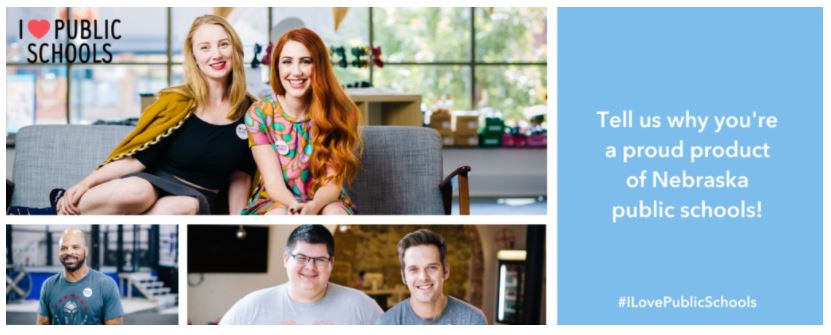
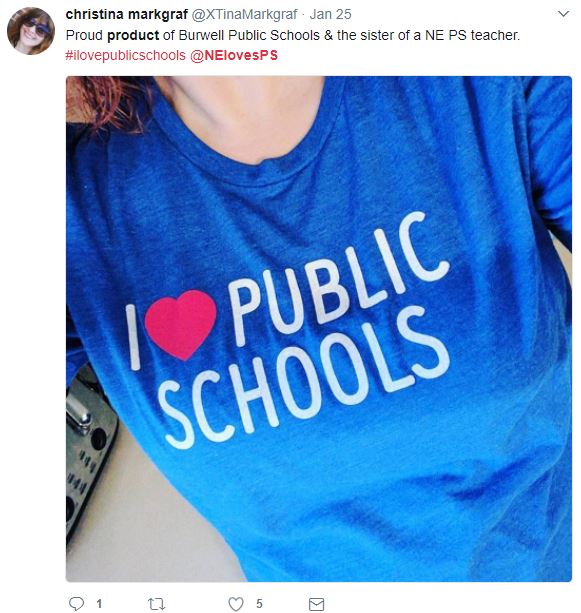
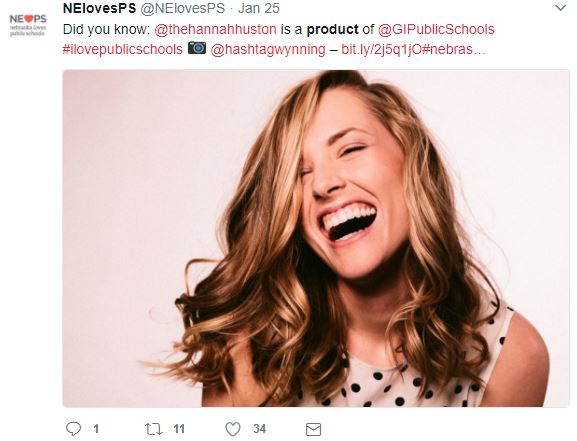
 RSS Feed
RSS Feed